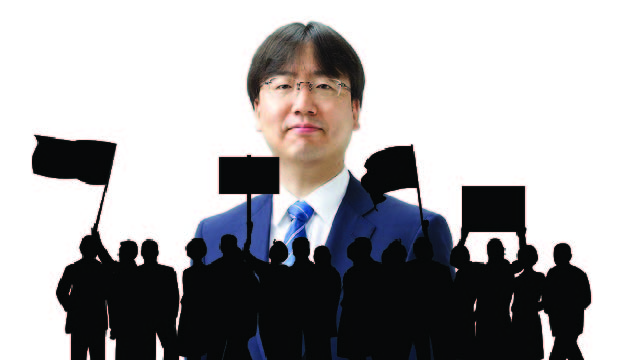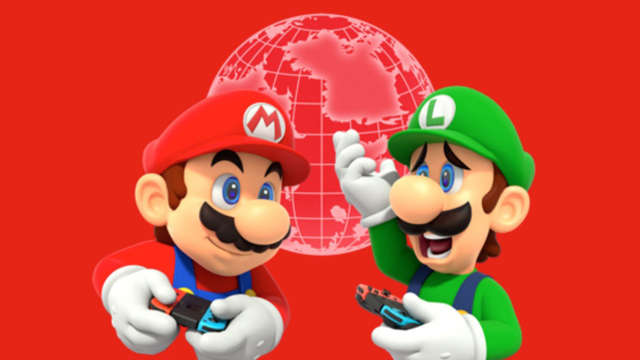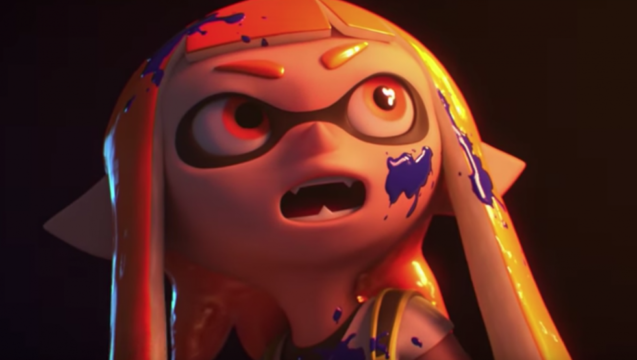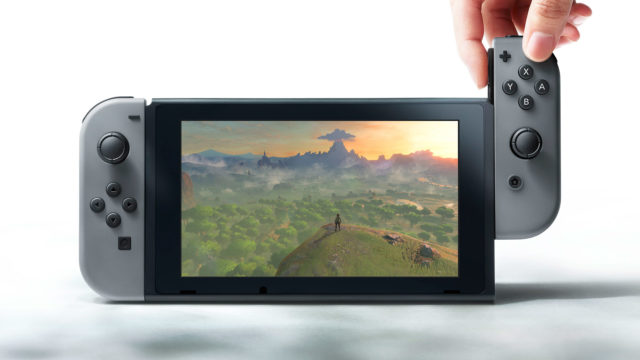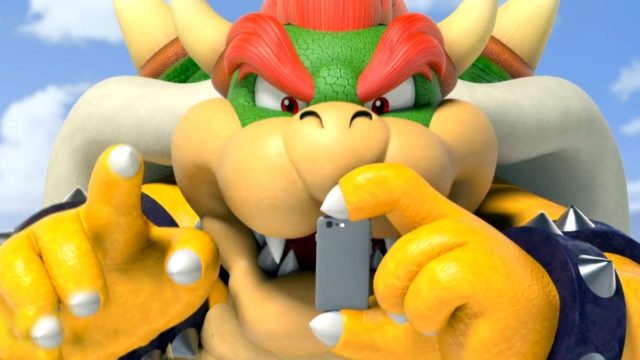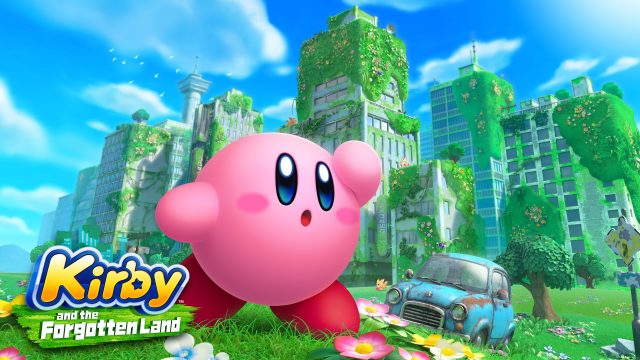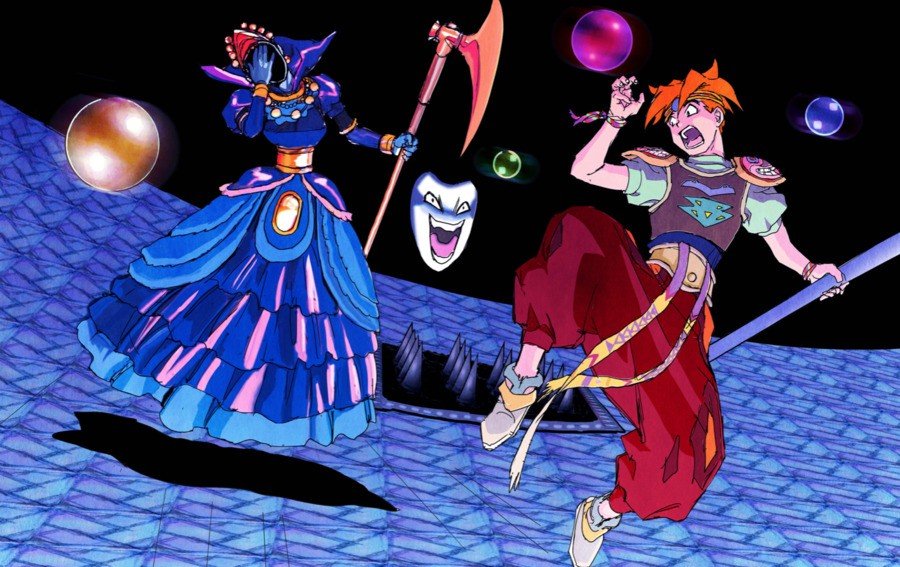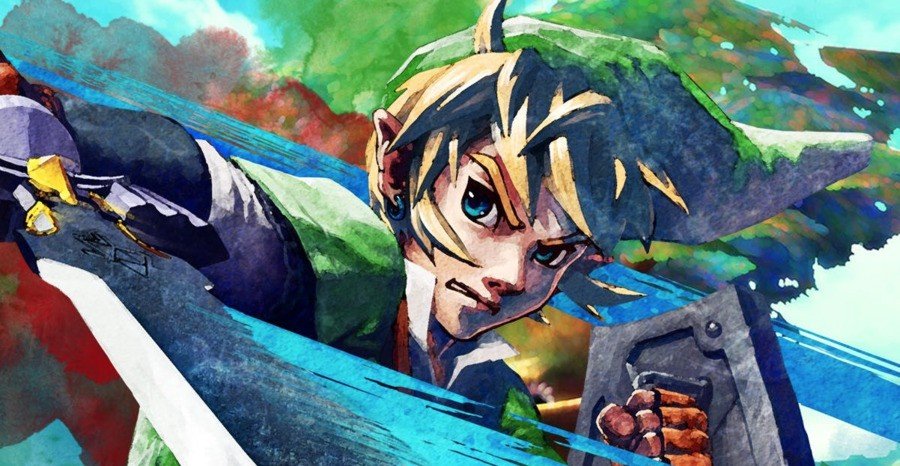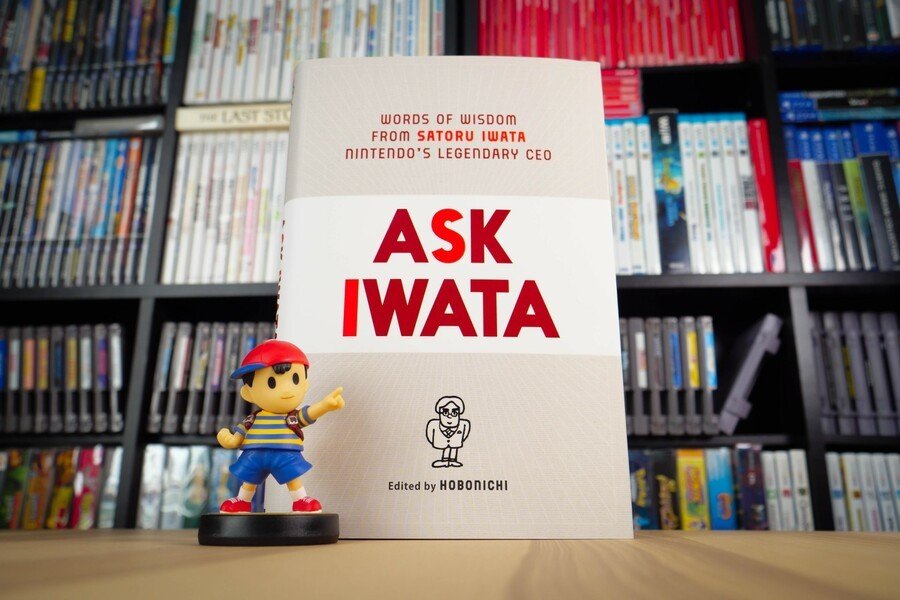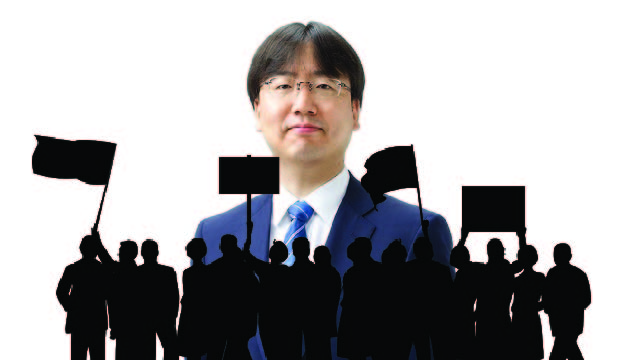
Before launching into the latest “controversy” surrounding Nintendo, let’s dig into a brief overview of what has some people in a tizzy with the House of Mario. First off, Nintendo stepped in to cancel The Big House Super Smash Bros. tournament which would have taken place December 4-5. The reason? Tournament organizers had opted to transition The Big House 2020 to an online-only experience in respect to the various quarantine orders that have been implemented around the globe. In order to facilitate this transition to an online-based competition, the organizers decided to utilize a piece of netcode called Slippi in order to play Super Smash Bros. Melee online. Here’s the problem: Slippi is neither Nintendo-sanctioned nor affiliated and thus the company pulled the plug on The Big House’s plans.
— The Big House (@TheBigHouseSSB) November 19, 2020
Moving on, a designer by the name of Alex “CptnAlex” Blake raised over $10,000 in a charity initiative honoring the passing of YouTube personality Desmond “Etika” Amofah, who sadly took his own life back in 2019. Blake designed replacement Joy-Con casings that he was selling via his Etsy shop, each bearing the name “Joycon Boyz” and the Switch logo. While Blake had already managed to sell 300 units, 200 ultimately had to be scrapped once Nintendo sent the designer a cease and desist order for trademark infringement.
First campaign was not successful.
Second campaign was successful.
Remaining stock of Joycons were for sale my Etsy since last year.
Nintendo sent me a cease and desist at the end of September.
Here’s a picture of me with a bin of all the shells I can’t sell anymore pic.twitter.com/ytdWzObh9x
— CptnAlex (@Cptn_Alex) December 7, 2020
Finally, Nintendo has begun sending out takedown notices to a variety of YouTube channels that are using music from various Nintendo games, again in violation of the company’s trademark rights. The outcry across social media platforms has been predictably negative towards Nintendo, with many decrying what they perceive to be as the company acting poorly towards fans and content creators.
With that, we’re all caught up on the “why” behind these fans being upset, so now let’s take a step back. All of these actions that Nintendo has taken revolve around the same issue: violation of trademark. Intellectual property is a big deal. People work hard to develop ideas, whether it’s an invention, a superhero, a TV show, or whatever the creation might be, and in turn expect to be in legal control of the thing that they produced. While Nintendo is hardly a person—it is a multinational corporation, after all—the cumulative scores of IP developed by the company are its property. Super Mario and The Legend of Zelda aren’t royalty-free. That millions of people adore the creations of Nintendo is unquestionable, but loving a series doesn’t turn it into an asset on Creative Commons.
Which is where a lot of the outrage from people online begins to become unreasonable. In the United States, there is a legal doctrine called fair use that allows for the utilization of copyrighted materials. The usage is broadly defined as being for “transformative” purposes; teaching, parody, criticism, and other similar types of applications are all generally considered to be fair use under the purview of copyright law. What isn’t fair use? Well, it depends on your lawyer, sometimes, but typically if you go onto YouTube and upload an entire soundtrack from a video game, or create an entire new entry in a video game series, or fabricate Joy-Con shells that use the Joy-Con branding and name, that is going to be seen by the law as a violation of copyright.
Some of this boils down to what many might perceive as splitting hairs. Indeed, sometimes that is the case, with millions of dollars spent every year on litigation trying to determine who is in the right depending on the particular usage of a piece of copyrighted material. For some fans, it can seem like companies such as Nintendo are punching down, or throwing its weight around, when sending out cease and desist orders. What’s the harm of putting up a soundtrack online? Why stop someone from raising money for a charity? All of these are legitimate questions to ask, but the reasons Nintendo and countless other IP rights holders choose to flex their legal muscle are numerous and nothing to take lightly.
In the case of Blake’s Joy-Con shells, one might assume that crafting something to both honor Etika and to try and raise funds for charity should make it a no-brainer to leave well enough alone. However, what many are losing sight of is that the situation in practice has many different pitfalls a company like Nintendo must weigh. This is an era in which guilt by association is a major dilemma. The second Blake (hypothetically) were to do something to offend, Nintendo is suddenly in hot water for allegedly supporting his views… for no other reason than having approved of some Joy-Con shells. Actual guilt doesn’t matter in 2020; what matters instead is that a bunch of angry people on Twitter have declared guilt. There are numerous other risks to consider besides this example. For instance, if fans had a complaint about the shells themselves (their design, their quality, etc.) it wouldn’t matter that Nintendo didn’t actually manufacture them—the company’s customer service workers would be fielding endless complaints regardless. Enforcing copyright law is often as much about circumventing the unreasonable as it is establishing the IP owner’s rights.
It’s also necessary to take a step back and understand that while brands like Super Mario, Metroid, Animal Crossing, and all of the others that Nintendo owns are adored by fans the world over, no one is entitled to them. Look no further than Bill Watterson’s Calvin & Hobbes newspaper strip from the 1980s and ’90s to better grasp this. Watterson is infamous for refusing to allow his comic to be turned into merchandise of any kind. No calendars, no toys, no stuffed animals—Watterson fought tooth and nail with the newspaper syndicate to prevent Calvin & Hobbes from being anything other than the comic strip and the book collections of them. He went so far as to threaten to never draw the strip again in order to maintain his vision. Ultimately, Watterson’s wishes were honored and to this day there is no legal Calvin & Hobbes merchandise to be had. Fans have nothing but admiration for Calvin & Hobbes, but that will never negate or overcome Watterson from having his way with his IP.
Don’t get me wrong—this stuff can truly suck. In the case of the Etika Joy-Con, I truly feel for Blake and the 200 units he can no longer sell. He’s not a corporation and surely it cost him a lot of money and effort to have the shells made. What’s more, his intentions are virtuous. Yet, as much as I sympathize, the world makes it very difficult to be anything less than judicious when managing one’s rights. Give people an inch and they’ll take it a mile. At the same time, however, as much as I support Nintendo or any other creator who decides to protect their IP, I also think that in some ways Nintendo can be unreasonable.
A great example of this is the takedown orders for Nintendo game soundtracks on YouTube. Nintendo does not have the best track record when it comes to aiding in game preservation efforts. Countless classic games and their music are landlocked to aging and, especially as time marches on, dying consoles. YouTube allows people to preserve these pieces of software for future generations, an act that is becoming increasingly more difficult as it becomes harder and harder to even fire up these old games and systems. If Nintendo wants to step in and prevent someone from monetizing the music, sure, I can support that—it’s not that YouTuber’s creation. However, to have it taken down completely seems so pointless.
I don’t think it needs to be a mutually exclusive thing to protect IP rights while also allowing a carefully measured level of access where the situation can be easily observed and controlled. Sponsoring players, allowing homebrew games and mods—it’s here that I can understand resistance from Nintendo because it becomes too unwieldy and costly to monitor and keep track of countless people and projects that could all become problematic in some way down the road. Simple stuff like YouTube soundtracks, however, seem as though they could be contained far more easily and don’t demonstrate a level of potential threat that I can ascertain. Let fans have some wiggle room where it’s easy and sustainable to do so.
Where I come down more steadfastly is in my resistance to the mob mentality that has set in for so many social media users. The idea that all anyone has to do is pitch a fit online, get a bunch of people shrieking on Twitter, and they’ll instantly have their way. Social media can foster positive change and necessary revolt, but it’s also become a vehicle for irrational thought being coddled and supported for no other reason than to avoid conflict. Sometimes the answer to a request is “no.” It’s a lesson I think some people have to start reacquainting themselves with. Should Nintendo do more to provide reasonable access to aspects of its IP? I can get behind that. What I can’t get behind is the “demand generation” that believes it’s entitled to anything and everything. Finding the right balance between these two poles is paramount as social media continues to pervade every debate and discussion that we as a society engage in. Nintendo can do better, but fans have to temper their expectations, too.
